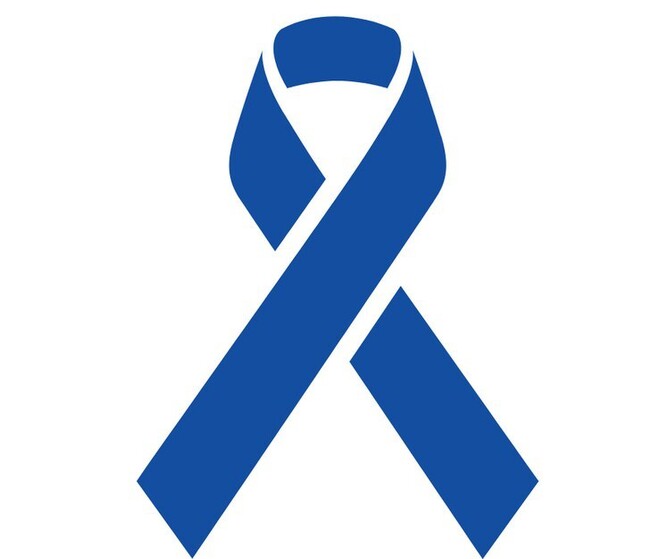The Gut Cancer Foundation is delighted by Pharmac’s announcement today that they are proposing to fund Pembrolizumab (Keytruda) for patients with microsatellite instability-high or deficient mismatch repair (MSI-H/dMMR) colorectal cancer, from 1 October 2024.
There are around 3,000 people diagnosed with colorectal cancer in New Zealand each year, with around 10% of all colorectal cancer diagnosis attributed to MSI-H/dMMR.
Around 20% of people diagnosed are found to have metastatic disease. Sadly, around 90% of metastatic colon cancer cannot be cured and outcomes are poor even when chemotherapy is used.
Last year, the Gut Cancer Foundation published an open letter from Dr Kate Clarke, medical oncologist and member of the foundation’s Scientific Advisory Committee urging Pharmac to address the widening medicine gap between New Zealand and comparable countries. The letter specifically mentioned the urgent need for immunotherapy and directly advocated for funding for Pembrolizumab for MSI-H/dMMR colon cancers.
Dr Clarke says, “dMMR colon cancers are a small subset of all colon cancers. Immunotherapy provides excellent often long-term control for those diagnosed with metastatic dMMR colon cancer allowing them to enjoy good quality time.”
Executive Officer, Liam Willis says “we are encouraged by the news today and would like to acknowledge the tireless work that has gone on over many years from several patient advocate groups to highlight the urgent need for this treatment.
It is estimated that around 120 New Zealanders will benefit from this announcement every year, and the significant clinical benefits seen for this group of patients make today’s announcement a really important one.
This news is a positive step in addressing the access gap for Kiwis with cancers of the digestive system in New Zealand. We welcome this widening of access to Pembrolizumab for colorectal cancer patients and look forward to further updates for other patients in our community waiting for access to this vital treatment.”
Immunotherapy can also help others with gut cancers, including New Zealanders with locally advanced, unresectable oesophageal or gastroesophageal junction cancer.We hope to see funding extended to non-colon dMMR cancers in the near future.
